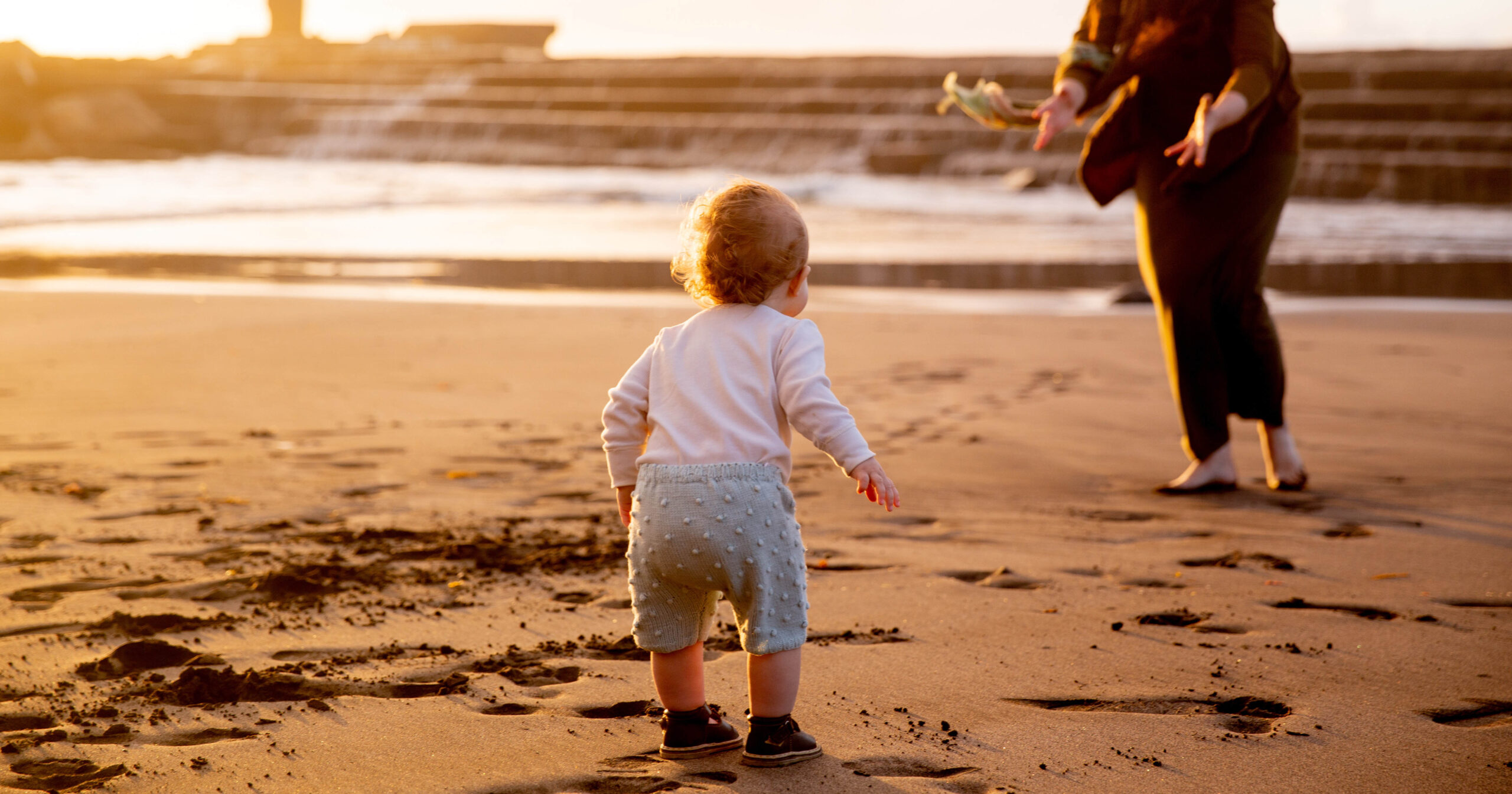“Taking children seriously is about more than not deliberately hurting them. It’s about helping them learn good things, protecting them from bad things and enabling them safely to develop the knowledge they need for their next set of problems (interests and challenges).”
– Alice Bachini
From the archives: 2003
Taking children seriously is about more than not deliberately hurting them. It’s about helping them learn good things, protecting them from bad things and enabling them safely to develop the knowledge they need for their next set of problems (interests and challenges). And taking toddlers seriously seems to me as complex and challenging or more so than taking kids seriously at any other age, in a very general sense, for various reasons: most of society is not set up to accommodate them in sensible ways (would you want to spend two hours tied into your chair eating chicken nuggets?); most adults don’t especially enjoy sharing toddler activities particularly much (depending on the toddler activities—Noddy jigsaws no thanks, but I can watch Terminator 2 quite a few times and still enjoy it); toddlers need a lot of ongoing constant help with simple things like using the toilet, finding bits of lego between the floorboards etc, which is frankly not most people’s idea of fun most of the time; and toddlers aren’t always brilliant at expressing their ideas verbally, which is still adults’ favourite form of communication. Erm, certain other forms notwithstanding.
So, all in all, life as a toddler-parent can get tough. And there are no times tougher than When Toddlers Get Upset. The train is coming into the station, you’ve got to get on, and Toddler decides he wants to buy another kit-kat right now, from the station café, because (who knows why?) he liked the wallpaper and the general vibe and feels like repeating the whole kit-kat buying experience he had five minutes ago. Or, you’re all set to go swimming, everyone’s ready to dive in the pool, and Toddler notices there is a cat outside on the grass which he wants to stroke, and disagrees that by the time you’ve got your towels on and staggered out into the snow dripping with fast-forming icicles it will probably be gone anyway. Toddlers are optimistic little people. They have an innate understanding that the impossible can be achieved. They seem inherently Taking Children Seriously. They won’t accept failure for an answer. And quite often, the harsh realities of life and train-timetables and parents being slow, dumb and useless do get to them and feel to them like tragedy.
So, what should parents do When Toddlers Get Upset?
- Be comforting and kind and affectionate and friendly,
- Keep trying to solve the problem if possible (toddler losing interest in the problem and moving onto something else more interesting counts as solving the problem, generally)
Do not:
- Try to make the entire world fit the immediate demands of the toddler even when the consequences are dire. There is no need for all your housemates to have their central-heating system expensively destroyed by an inquisitive engineer. If you fail to find better alternatives, you fail: don’t help your child wipe all the files off your friend’s computer just because you couldn’t find him anything more fun that particular minute. It’s bad.
- Make a big deal out of it all, start weeping or stressing yourself, bemoan the horribly primitive state of the world that forced you into these corners, get bogged down in the moment—toddlers are very good at moving on incredibly fast and forgetting accidents and grudges, and this is a useful skill we can learn from them.
And finally: don’t panic! These things happen. Kids get over them, the world won’t end and, even if it really was all your fault for not allowing enough time in the station buffet (criticise your decisions, make a mental note, do better next time), you didn’t deliberately try to attack your child into good behaviour (as most other people do). You just messed up a bit this time. How are we all going to learn things if we don’t make any mistakes, might I ask?
So, that’s what to do when toddlers get upset.
See also:
- Doing nothing academically?
- “You gotta be kidding. That would never work with my kid.”
- Curious young children taking things apart
Alice Bachini, 2003, ‘When toddlers get upset’, https://takingchildrenseriously.com/when-toddlers-get-upset/
